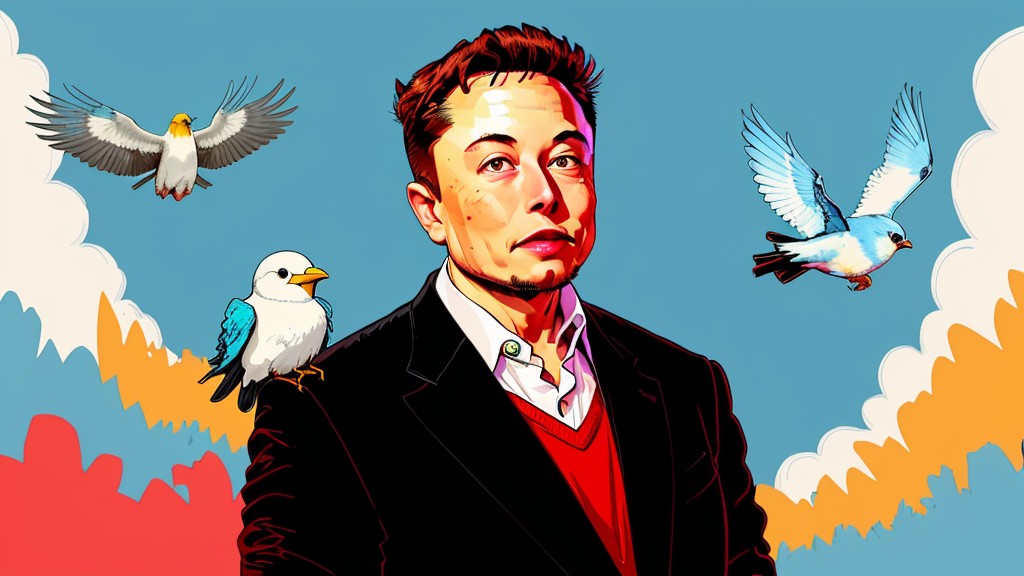
The Twitter Paradox Under Elon Musk – Curbing Data Scraping or Restricting Freedom?
In an unexpected move to protect data integrity, Twitter, under Elon Musk’s leadership, has introduced viewing restrictions, turning the social media platform into a digital paradox. Non-paying users can now view only 600 posts per day, while verified users are limited to 6000 posts. New users have it tougher, with a limit of merely 300 posts. Unsurprisingly, this announcement broke the internet, becoming the most-viewed tweet in history. The irony? A tweet about limiting views sets a new viewing record!
These restrictions are Musk’s bold attempt to safeguard Twitter’s data from misuse, particularly from AI companies that scrape vast amounts of data for training their models. While this change has incited significant backlash, it’s essential to consider the larger picture: every groundbreaking innovation demands adjustments, and this could be a necessary step towards making Twitter safer for its users.
The Twitter community, however, has been vocal about their dissatisfaction, sparking trends like “Twitter Down” and “RIP Twitter”. The restrictions notably impact journalists, monitoring services, and informational agencies that rely on reviewing thousands of tweets every day.
Interestingly, this turmoil hasn’t gone unnoticed by competing social media platforms. Platforms like Bluesky and Mastodon have seen an influx of users seeking alternatives to Twitter’s new restrictions. Meta, too, is readying its ‘Threads’ app, a potential Twitter challenger.
But here’s the real question: Are these restrictions a necessary evil for a greater cause? Or do they fundamentally breach the open discourse Twitter is known for?
We’d love to hear your thoughts on this. Is the inconvenience worth the assurance of better data protection? Or does it overstep the mark, stifling the very essence of this social media platform? Share your thoughts here.
